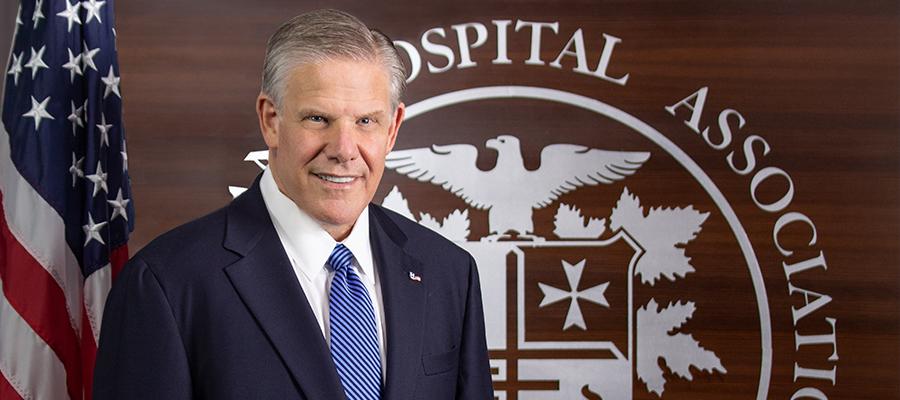Perspective: Reducing the regulatory burden to improve coordinated patient care

For far too long, a group of out-of-date laws and regulations has created unnecessary roadblocks to the kind of collaboration and coordination that enables caregivers to meet all of their patients’ health needs.
The Stark laws are named after their primary author: former Representative Pete Stark of California who chaired the House Ways and Means Health Subcommittee for many years. These laws were enacted in 1989 — 30 years ago — to originally prevent physicians from referring patients to facilities in which they had a financial stake.
Over the past 30 years, the regulations implementing this law — along with those for the Anti-kickback statute — have simply become a mess: where a broad prohibition has been modified by a series of exceptions making the situation incredibly complex … with those deemed to violate them subject to extraordinary penalties.
Moreover, the rationale for these regulatory policies — enacted in an era of fee-for-service payment — is no longer valid in an era where value-based payment models are the focus.
As a result, these regulations frustrate caregivers’ efforts to work together; discourage innovations to improve quality, efficiency and patient choices; and increase costs without improving care.
In fact, Congressman Stark — who is long retired — recently told the Wall Street Journal that he probably wouldn’t vote for the law today unless it were changed.
After many years of advocating for modernization on behalf of the hospital field, we have some good news. Last week, the Department of Health and Human Services announced two proposed rules to protect value-based arrangements under both the Stark and the anti-kickback regulations.
These rules would support the teamwork among health care providers that is essential to providing the best, most comprehensive patient care. Significantly, the proposed rules do not undermine the regulations’ original goal; rather they focus on removing outdated barriers to value-based care.
Also significant: The proposed rules respond to the need for changes urged by AHA and our members … and we couldn’t have reached this point without the leadership of HHS, who listened to our concerns and responded to them in a meaningful way.
Both HHS Deputy Secretary Eric Hargan and CMS Administrator Seema Verma have made special efforts to reach out to our members to underscore the administration’s support for value-based care and how the proposed rules support better care for patients … and we’re grateful for their support.
By removing outdated barriers to teamwork, hospitals and doctors will be able to more quickly implement new and better ways to treat patients with chronic conditions; discharge patients to their homes sooner; provide them with more in-depth counseling to avoid complications; and even provide services to speed their recovery such as home visits, remote monitoring and delivered meals.
Who can argue with that?
I’d say that’s all one solid step in advancing health in America.
As always — there’s more work to do to reduce the unnecessary burden on providers — and the AHA will keep advocating for hospitals, health systems and the patients you serve.

